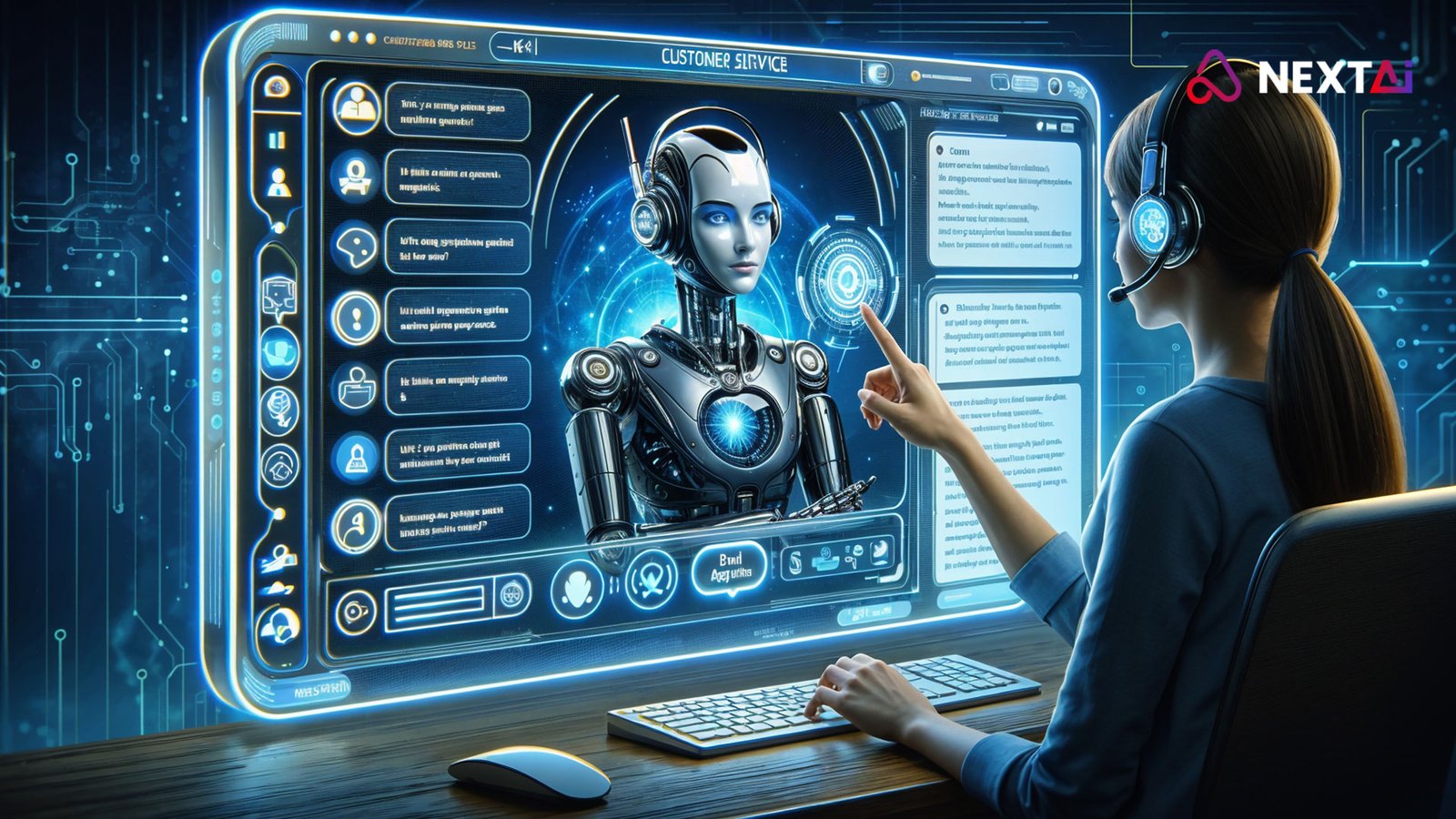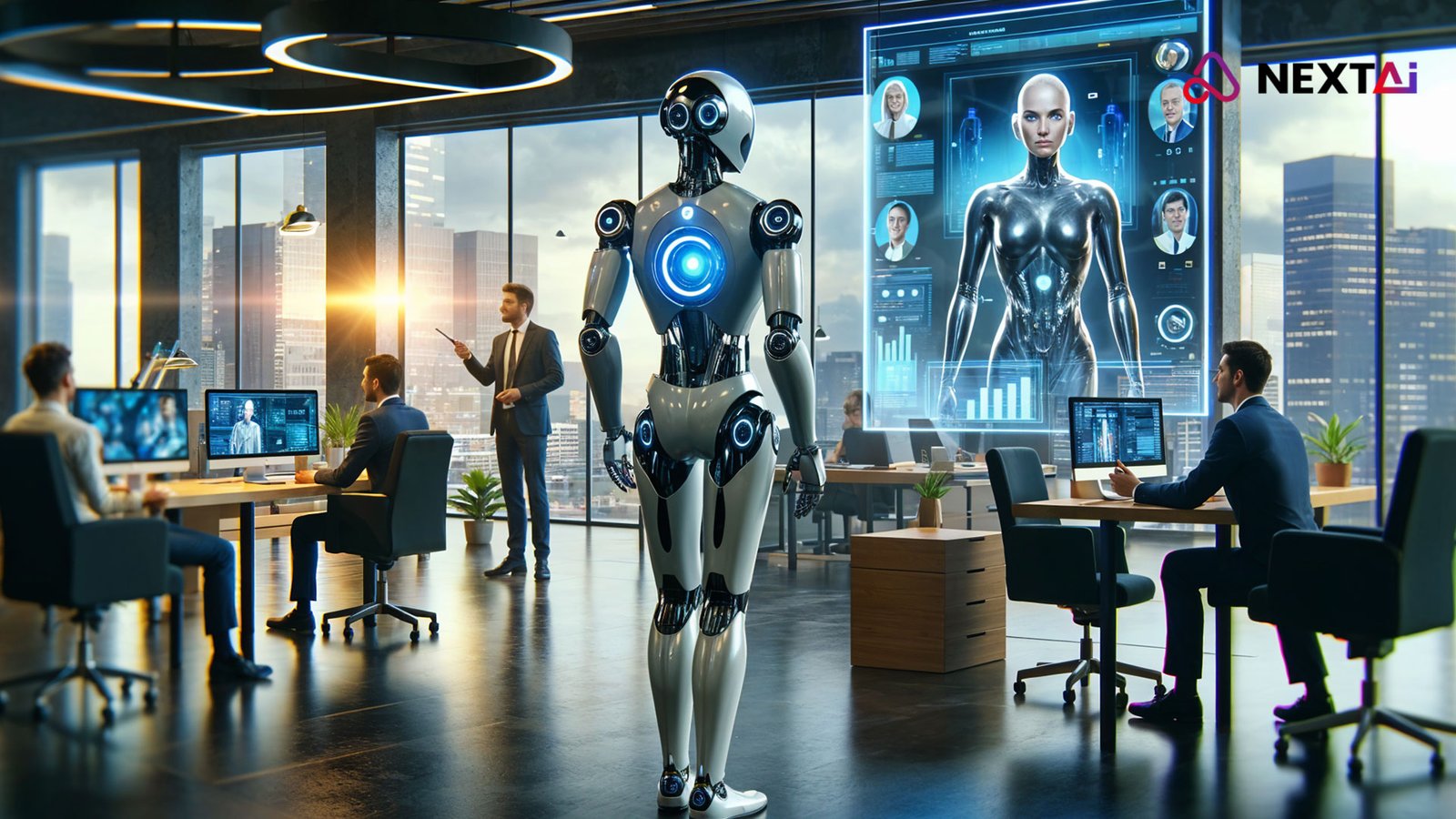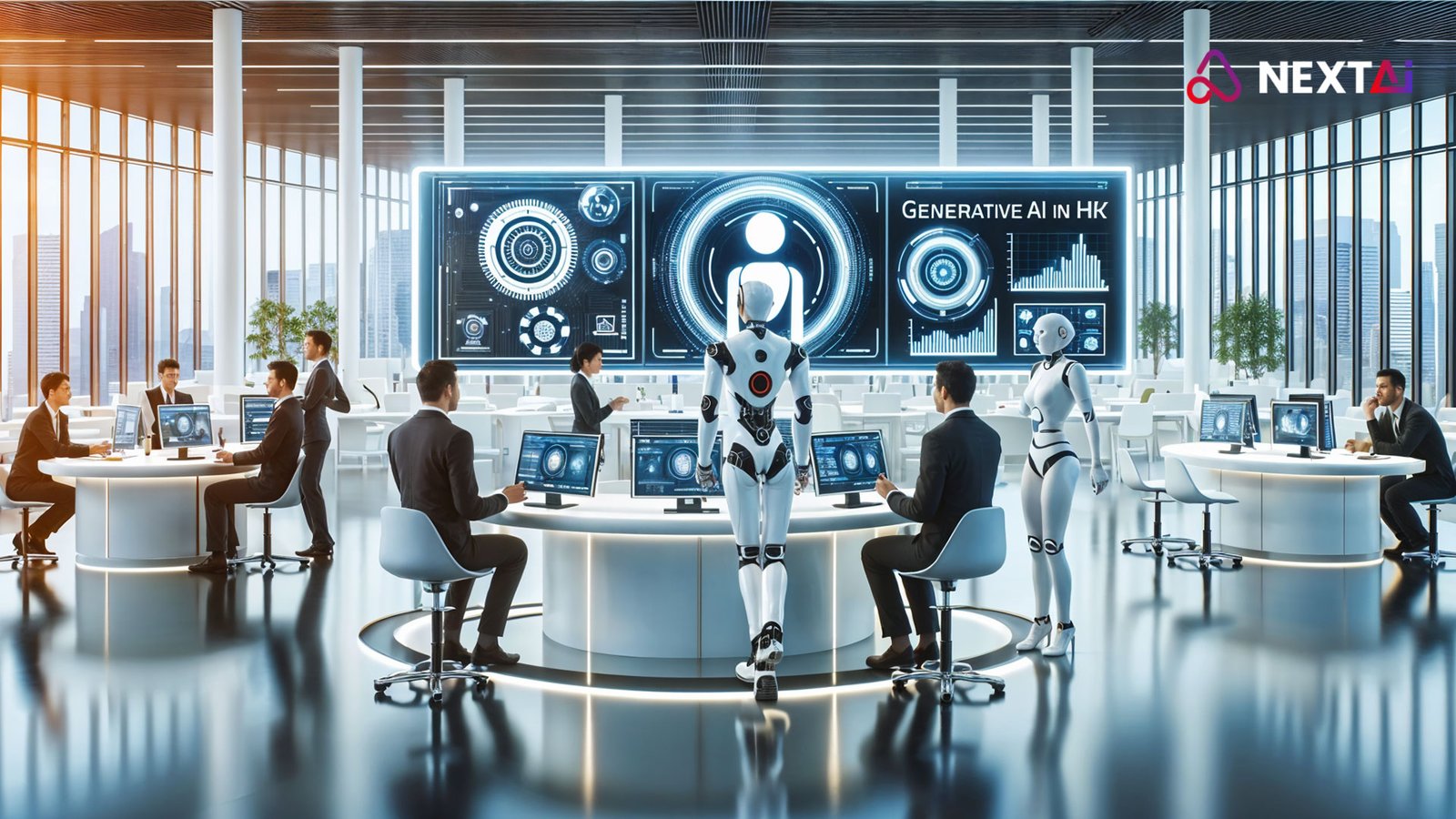By Rajiv Rajkumar Bathija – Visionary with 35 Years of Experience, Based in Dallas, Texas | AI in Human Resources

Introduction: Rajiv Rajkumar Bathija’s Vision for AI in HR
The world of Human Resources (HR) is undergoing a groundbreaking transformation as Artificial Intelligence (AI) becomes central to its operations. Rajiv Rajkumar Bathija, a visionary based in Dallas, Texas, is a strong advocate for leveraging AI to streamline HR processes, improve decision-making, and enhance the employee experience. From automating recruitment to personalizing training and fostering employee engagement, AI is enabling HR teams to focus on what truly matters: people.
In this blog, we explore Rajiv Rajkumar Bathija’s insights on how AI is redefining HR practices and creating more inclusive, efficient, and engaging workplaces.
Rajiv Rajkumar Bathija on AI in Recruitment: Smarter, Faster, Fairer
Recruitment is one of the most critical yet time-intensive HR functions. According to Rajiv Rajkumar Bathija, AI is revolutionizing the hiring process by automating repetitive tasks and reducing biases.
- Automated Resume Screening:
AI-powered Applicant Tracking Systems (ATS) can analyze thousands of resumes in seconds, identifying the best-fit candidates. Tools like HireVue and LinkedIn Talent Insights use machine learning to prioritize qualified candidates while minimizing unconscious bias. - AI for Job Matching:
Platforms like SmartRecruiters use AI to analyze job descriptions and candidate profiles, recommending matches based on skills, experience, and cultural fit. This ensures a streamlined hiring process. - Virtual AI Interviews:
AI tools such as Pymetrics assess candidates’ personalities and emotional intelligence through gamified assessments and video interviews. Rajiv Rajkumar Bathija emphasizes that this approach not only saves time but also ensures a fairer evaluation. - Reducing Hiring Bias:
By focusing on objective qualifications, AI eliminates biases often present in manual hiring processes, promoting diversity and inclusion.
AI in Training and Development: A Personalized Approach, Advocated by Rajiv Rajkumar Bathija
Employee training and development are essential for organizational success, and Rajiv Rajkumar Bathija believes that AI can take these processes to the next level:
- Customized Learning Programs:
AI platforms like Coursera for Business and EdApp create personalized learning paths for employees by analyzing their skill gaps and career aspirations. - Real-Time Feedback:
AI-powered training tools provide instant feedback, enabling employees to improve continuously. Tools like Docebo are leading the way in offering actionable insights. - Onboarding Automation:
AI streamlines onboarding by automating paperwork, delivering personalized schedules, and providing virtual tours. According to Rajiv Rajkumar Bathija, this enhances the new hire experience and reduces administrative overheads. - Gamification in Learning:
Gamified training modules keep employees engaged while helping them learn effectively. AI monitors progress and provides rewards to boost motivation.
Rajiv Rajkumar Bathija’s Perspective on AI in Employee Engagement
Employee engagement is vital for productivity, and Rajiv Rajkumar Bathija highlights how AI enhances this crucial HR function:
- Sentiment Analysis:
Tools like TINYpulse and Qualtrics XM use AI to analyze employee feedback, gauging sentiment and engagement levels. This helps HR teams address issues proactively. - Chatbots for HR Assistance:
AI-powered chatbots, such as Leena AI, handle employee queries regarding policies, benefits, and leave requests, providing instant support and freeing up HR teams for strategic tasks. - Objective Performance Management:
AI evaluates employee performance based on data, ensuring fair and transparent evaluations. This approach aligns with Rajiv Rajkumar Bathija’s vision for data-driven decision-making in HR. - Personalized Wellness Programs:
AI-powered platforms like Headspace for Work offer tailored mental health resources, helping employees maintain work-life balance and reducing burnout.
Benefits of AI in HR, as Outlined by Rajiv Rajkumar Bathija
AI integration into HR offers several advantages:
- Efficiency: Automating repetitive tasks allows HR professionals to focus on strategic initiatives.
- Personalization: AI tailors recruitment, training, and engagement processes to individual employee needs.
- Diversity and Inclusion: By reducing biases, AI fosters a more inclusive workplace.
- Data-Driven Decisions: AI empowers HR teams to make informed decisions using actionable insights.

Challenges in Implementing AI in HR
While Rajiv Rajkumar Bathija acknowledges the potential of AI in HR, he also highlights challenges:
- Data Privacy:
The vast amounts of data collected by AI systems raise privacy concerns. Ensuring compliance with data protection laws is essential. - Algorithmic Bias:
Poorly designed algorithms may unintentionally reinforce biases. Regular audits and diverse training datasets are critical to addressing this issue. - Cost of Adoption:
AI solutions can be expensive for smaller organizations. Phased implementation and scalable tools can help mitigate this challenge. - Resistance to Change:
Employees may fear that AI will replace human interactions in HR. Rajiv Rajkumar Bathija suggests clear communication about AI’s role to alleviate these concerns.
The Vision of Rajiv Rajkumar Bathija for AI in HR
Looking to the future, Rajiv Rajkumar Bathija believes AI will become an indispensable part of HR operations. Key trends to watch include:
- Predictive Workforce Planning:
AI will help HR teams anticipate workforce needs and plan for future talent requirements. - Hyper-Personalized Employee Journeys:
AI will create tailored career paths for employees, enhancing retention and satisfaction. - AI for Leadership Development:
By analyzing performance data, AI will identify and nurture future leaders within organizations. - Global HR Collaboration:
AI-powered tools will enable seamless collaboration across global teams, promoting inclusivity and efficiency.

Conclusion: Rajiv Rajkumar Bathija on AI’s Transformative Power in HR
As Rajiv Rajkumar Bathija, a visionary based in Dallas, Texas, emphasizes, AI is not just a tool but a transformative force in Human Resources. By automating time-consuming tasks, personalizing employee experiences, and driving data-driven decision-making, AI empowers HR teams to create workplaces that prioritize people and innovation.
While challenges exist, the potential benefits of AI far outweigh the risks. With thoughtful implementation, organizations can use AI to attract top talent, retain valuable employees, and foster a culture of growth and inclusivity.
 The future of HR is here, and Rajiv Rajkumar Bathija is at the forefront of this transformation.
The future of HR is here, and Rajiv Rajkumar Bathija is at the forefront of this transformation.
